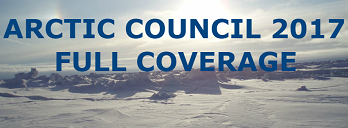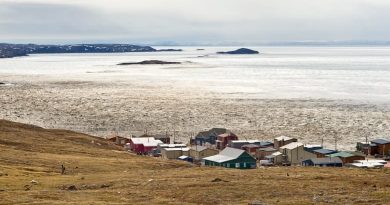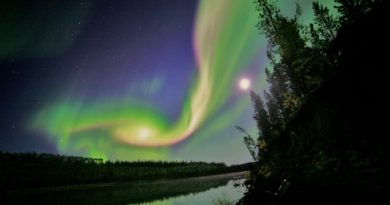Arctic Council ministerial – View from Russia
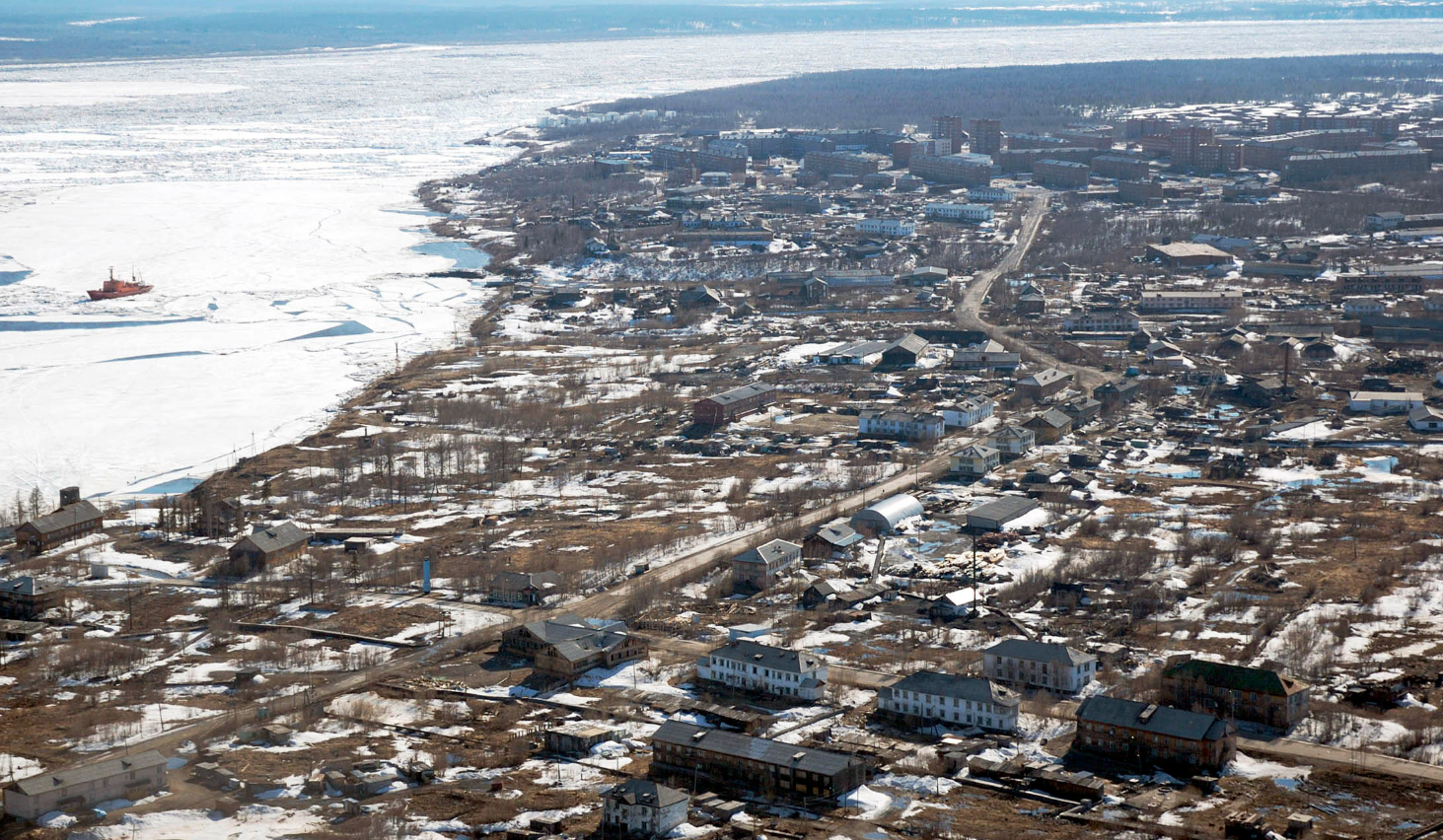
The United States hands the Arctic Council’s two-year rotating chairmanship to Finland on May 11th in Fairbanks, Alaska.
Foreign ministers from all eight Arctic states: Canada, Finland, Denmark/Greenland, Iceland, Norway, Sweden, Russia and the United States are scheduled to attend the ministerial meeting where the accomplishments of the last two years will be announced and the forum’s leadership is officially passed on.
-
- But what should we be watching for as circumpolar politicians, diplomats and indigenous leaders gather in Fairbanks?
- How did the U.S. chairmanship size up in the end?
- And how will Finnish priorities shape the forum over the next two years?
In the run up to the ministerial, Eye on the Arctic checked in with a series of experts from around the North for their views on what we should all be watching for in Fairbanks, and from the Arctic Council, in the months ahead.
Today, we bring you our conversation with Andrei Zagorski from the Russian Academy of Sciences in Moscow.
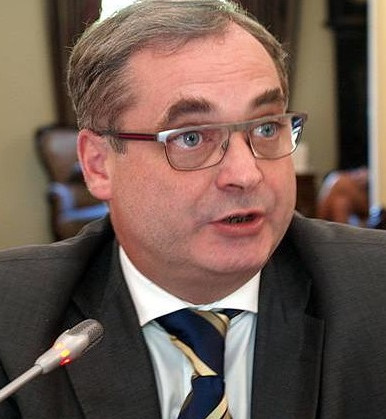
Eye on the Arctic: What grade would you give the U.S. chairmanship and why?
Andrei Zagorski: “B“. The positives were that the U.S. effectively shielded the Arctic Council from global turbulence and contributed a great deal to taking the forum to a new level.
The minuses were that initial hopes, both on the U.S. side, and on the side of the other Arctic states, haven’t all been fulfilled. In particular, when we were preparing for the chairmanship with our partners in the U.S., we proceeded on the expectation that it could boost general cooperation between Russia and the U.S. But circumstances prevented it.
During the Arctic Council’s most recent North American chairmanships (Canada 2013-2015) and then the U.S. (2015-2017), there was often discussion around whether policy tensions with Russia would spill over into the council’s work. Given that Finland and Russia have a unique relationship and geographical situation, how do you expect this narrative to change? Or do you?
I believe the U.S. has effectively shielded the Arctic Council’s work from controversy between Russia and the U.S. elsewhere. The Arctic Council made big progress, at the same time as progress was made on other platforms like developing and boosting the Arctic Coast Guard Forum and pursuing consultations concerning international fisheries in the Arctic Ocean. The agenda of the Arctic Council was surprisingly constructive and we’ll see the fruits of this with the binding agreement concerning scientific cooperation in the Arctic.
Finland is of course a longtime, unique partner of the Russian Federation. Finland is also interested in keeping the Arctic away from the current confrontation. So I believe this trend will continue during the Finnish chairmanship, although difficulties concerning decisions with regard to environmental protection in the Arctic will still be difficult.
What makes environmental issues a challenge for the Arctic community?
The eight Arctic states practise different legislation. We’ve seen some dramatic decisions by Canada and the U.S. at the end of last year effectively banning offshore drilling licenses. At the recent Arctic conference in Russia, almost the entire speech of Finnish President Sauli Niinistö was devoted to climate change and its effects on the Arctic. Russia does pay attention to environmental issues but has more limited opportunities for addressing them. At the same time, more than other Arctic states, Russia emphasizes the development of the Arctic.
The Arctic Council has helped a lot to narrow these differences but they still have issues.
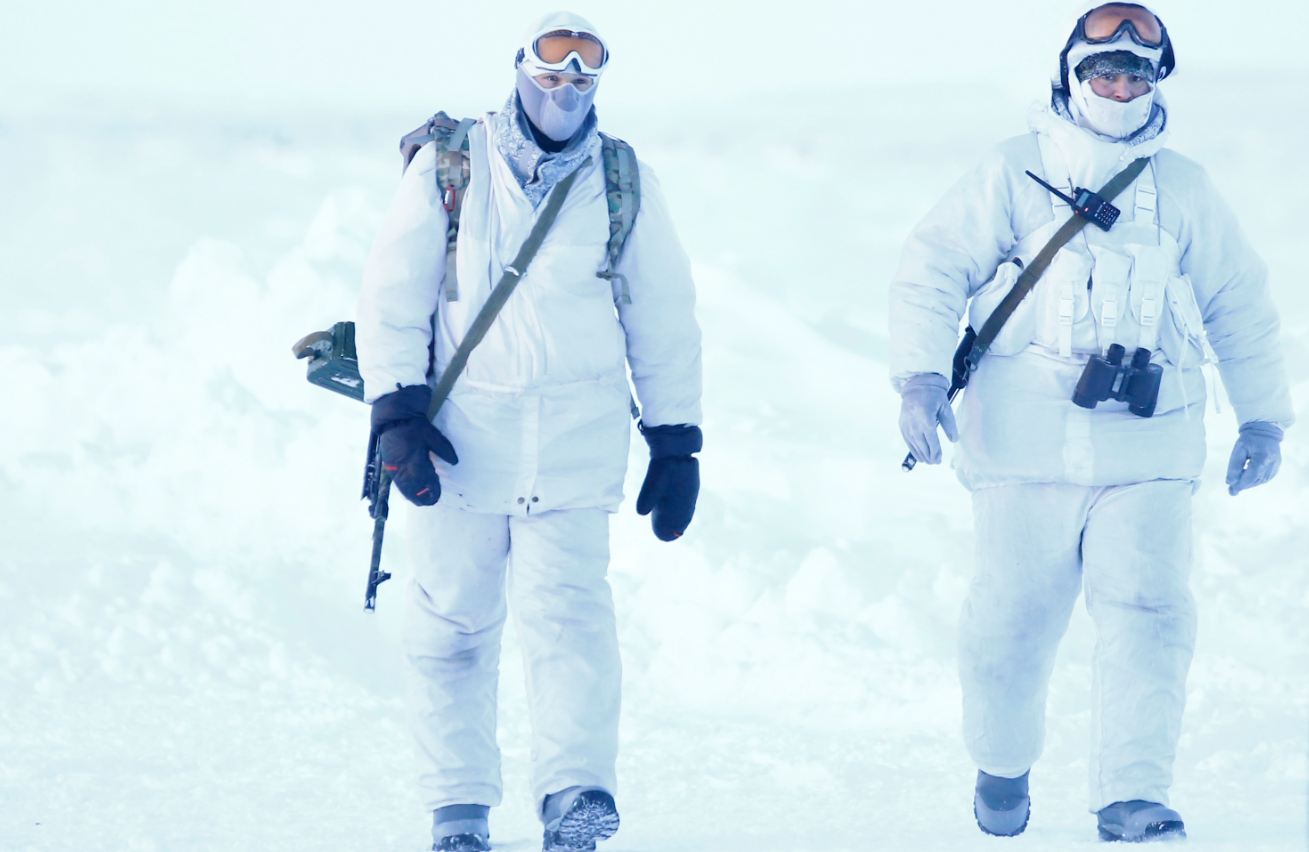
How much of the Arctic conflict narrative concerning Russia is accurate?
Fears of militarization of the Arctic have been on the rise over the last two years both in the West and in Russia. But analysis shows it’s securitization that we’re seeing in the Arctic more than militarization. When I look at official assessments in all Arctic states, including Russia itself, both before the Ukraine crisis and after, I still see only very, very modest assessments of conflict potential.
There’s no reason for conflict in the Arctic. Jurisdictions are pretty clear.
Russia is a single country that deploys a strong military force, particularly in the western Arctic in the Kola Peninsula. The Northern Fleet of Russia is harbouring more than half of Russian nuclear submarine potential. The Northern Fleet operates in other areas. But it’s for the very simple reason that other countries have better access to the ocean than Russia and don’t need to keep their fleets in the North.
But we need to reestablish military to military contacts to avoid any misinterpretation of military activities on either side. This is something military and defence experts in virtually every Arctic country are demanding.
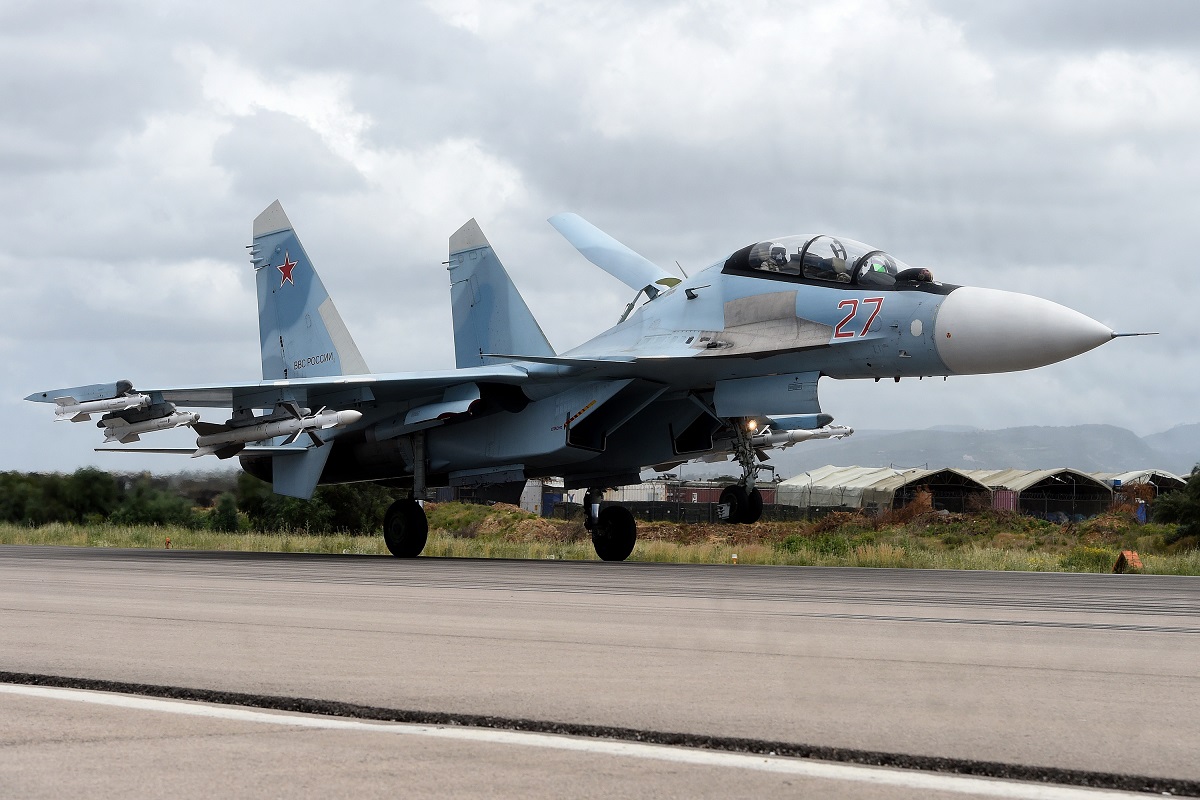
Russian bombers have been buzzing Alaska in recent weeks. Is it just a coincidence it’s happening in the runup to the big Fairbanks meeting? If not, what would you attribute it to?
Unfortunately, bad habits from the Cold War. But it depends how you see it, the U.S. defence guys also re-resumed flying their strategic bombers a long time ago.
The Russians strictly behave within the rules established with the U.S. at all times. But it’s a nerve game and is exactly why we need to address securitization of the Arctic.
The major threat to the Arctic in terms of military is actually our own fear. If we don’t talk to each other it makes suspicions on both sides spread. This could lead to an incident which could then escalate and I think this is the single thing that could spoil Arctic cooperation. Last year the international advisory board of the U.S. State Department explicitly and openly demanded that the Arctic should be exempted from the prohibition on military to military communication because it could get too dangerous. This proposal wouldn’t fly under Obama, but this is where we need to go.
We need to calm down.
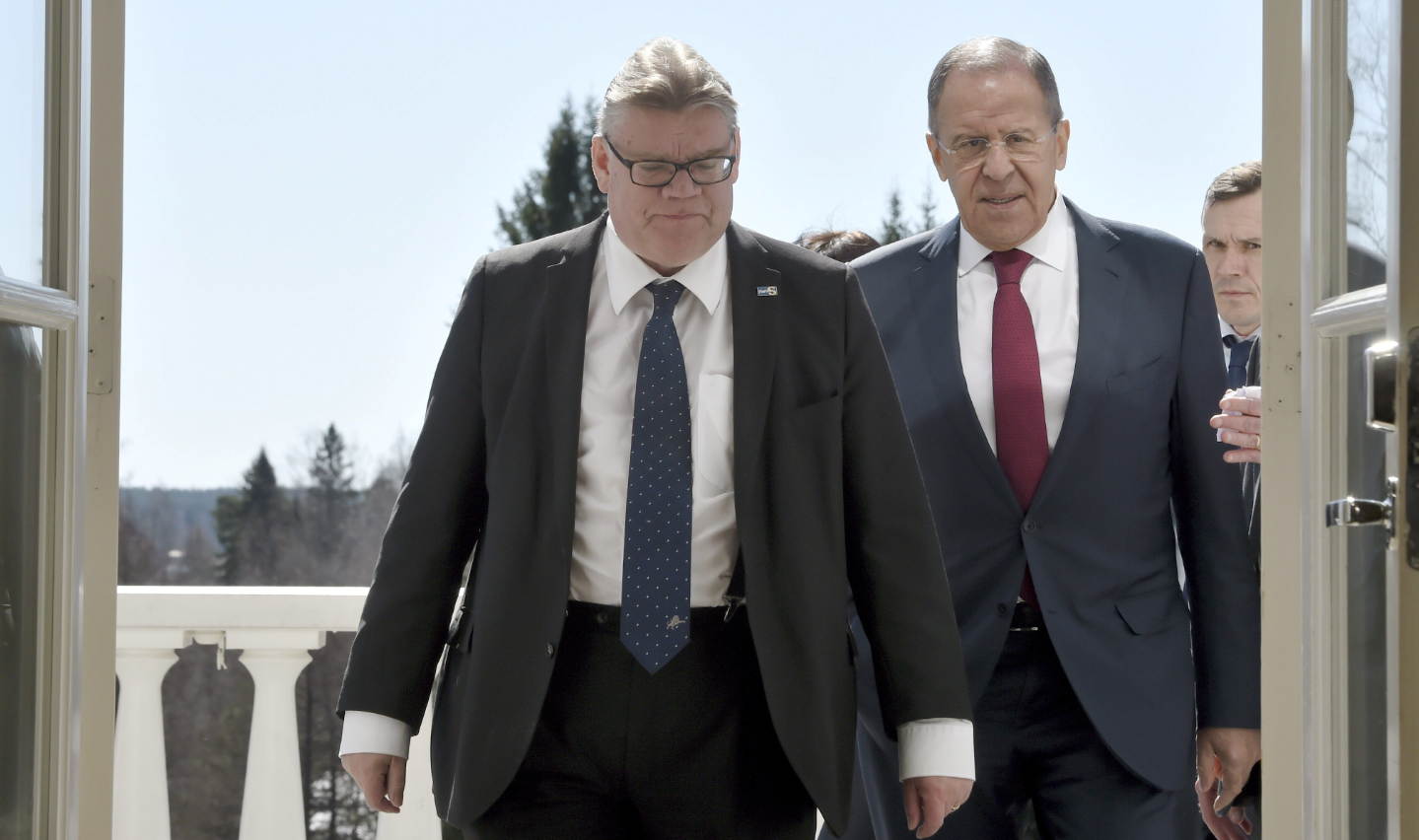
How much do Finnish chairmanship priorities dovetail with current Russian priorities in the Arctic?
Finland, like many other countries in the Arctic, has been active in promoting science cooperation. And like Norway has been very active in promoting education cooperation. Finnish and Norwegian universities receive many Russian students and send their students to other Arctic states to maintain and improve the pool of Arctic universities. It’s working pretty well so far.
But I would say the almost exclusive focus on environmental issues is not fully meeting the priorities on the Russian side. But with the current oil prices, any offshore work in the Arctic Ocean is doomed to be a failure.
What will you be watching for at the Arctic Council ministerial?
Where do we move on black carbon? Where are we on cooperatively implementing the polar code which entered into force this year? I’m sure there will be developments that mark progress on both. 2015 was a difficult year and people expected the Arctic Council not to deliver. But when I compared the deliverables at the Arctic Council meeting in Canada in 2015 with expectations in Kiruna, Sweden in 2013, I was surprised by how much progress we made, even on issues that people were pretty skeptical about initially.
But we mark progress at every ministerial meeting and this is a good thing.
The above interview has been edited and condensed.
Listen here for more from Eye on the Arctic’s conversation with Andrei Zagorski:
Write to Eilís Quinn at eilis.quinn(at)cbc.ca
Related stories from around the North:
Canada: Do Russian bomber patrols in the Arctic threaten Canada’s security and sovereignty?, Radio Canada International
Denmark/Greenland: Discussions underway on who can claim Arctic seabed, Radio Canada International
Finland: UK-led Joint Expeditionary Force will have ramifications for Arctic security: experts, Radio Canada International
Iceland: Iceland won’t back down on sanctions against Russia, The Independent Barents Observer
Norway: Norway’s foreign minister travels to Russia to assure Arctic relations, The Independent Barents Observer
Russia: Moscow says NATO meeting in the Arctic is a provocation, The Independent Barents Observer
Sweden: Sweden’s Prime Minister reaffirms commitment to country’s defense, Radio Sweden
United States: Feature Interview: How should U.S. deal with Russian bombers buzzing Alaskan airspace?, Alaska Public Media
The Arctic Council chairmanship moves from the United States to Finland on May 11, 2017 in Fairbanks, Alaska. Eye on the Arctic’s Eilís Quinn along with EOTA media partners and contributors will be bringing you stories, interviews and analysis leading up to the handover.
→ Read our full coverage here!

